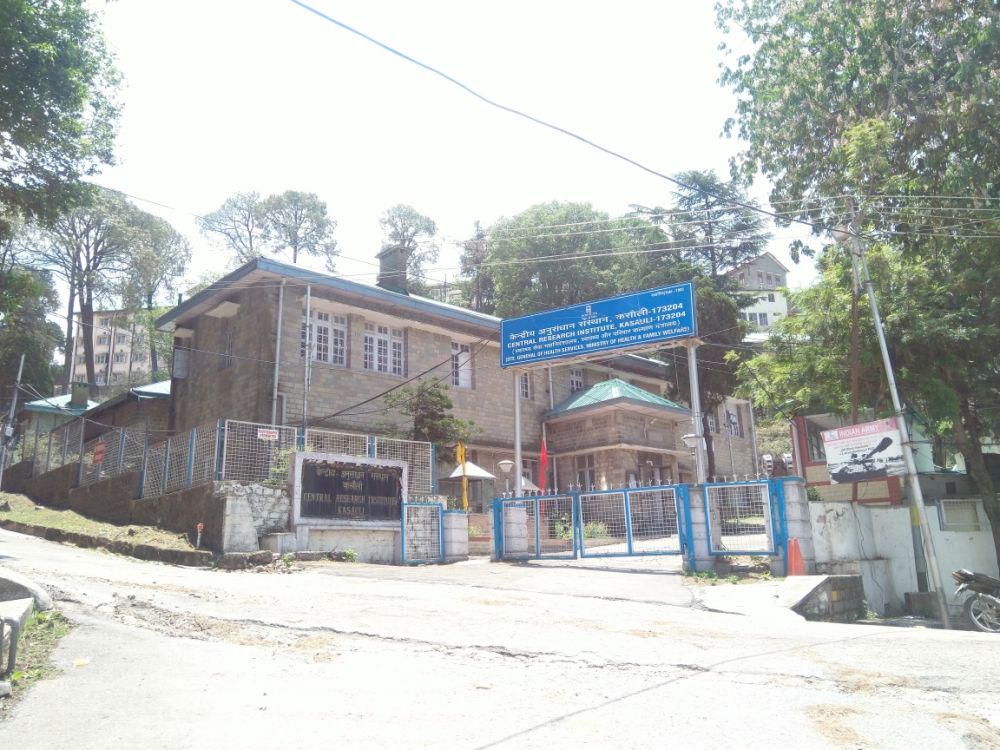

Established in 1905 by the British Raj, the Central Research Institute (CRI) in Kasauli, Himachal Pradesh, has been an integral part of India’s medical history. Initially, the institute focused on addressing the medical challenges of the time, such as the plague and other infectious diseases. Over the years, the institute has developed into a premier establishment for the production of vaccines and immunological preparations.
The historic relevance of the institute coupled with the serene beauty of Kasauli has made this location a unique blend of science and nature for tourists. While the institute itself is not typically a tourist attraction, it has contributed to the development of Kasauli as a travel destination due to its historical significance.
The town of Kasauli is known for its colonial-era architecture, peaceful environment, and panoramic views. The presence of institutions like the CRI adds to the narrative of Kasauli's colonial past, creating a layered experience for history enthusiasts. Visitors often enjoy walking tours that take them past old buildings, churches, and other establishments from the British era.
In recent years, Kasauli has seen a shift in tourism trends, with an increased interest in eco-friendly and sustainable travel experiences. Tourists are drawn to its natural walking trails, bird watching opportunities, and local culture. Given the increased focus on wellness, visitors to Kasauli are also exploring yoga retreats and nature-oriented stays.
Agro-tourism is another emerging trend, with travelers looking to understand the local practices of farming and organic production. This interest fosters a connection between visitors and the local community, offering a deeper understanding of the lifestyle in the hills of Himachal Pradesh.
Travel companies are also curating heritage walks that include visits to historic sites like the CRI, offering insights into the scientific achievements at the facility as well as the history of healthcare in India. Though the CRI itself is primarily a research facility and access might be restricted, the institute's facade and its contribution to the town's significance are highlighted in such tours.
In the post-pandemic landscape, there has been a noticeable inclination towards destinations like Kasauli that offer solace and space, away from crowded cities. The trend shows that people are now more inclined to visit places where they can relax in the lap of nature and Kasauli, with its calming environment and historical landmarks like the CRI, perfectly fits this description.
While the Central Research Institute (CRI) is not traditionally a tourist spot, its historical importance to Kasauli has indirectly influenced the town's tourism narrative. As tourists seek out destinations with rich history and natural beauty, Kasauli continues to attract visitors from across the globe, making the CRI a point of interest for those fascinated by the intersection of colonial history and medical science.